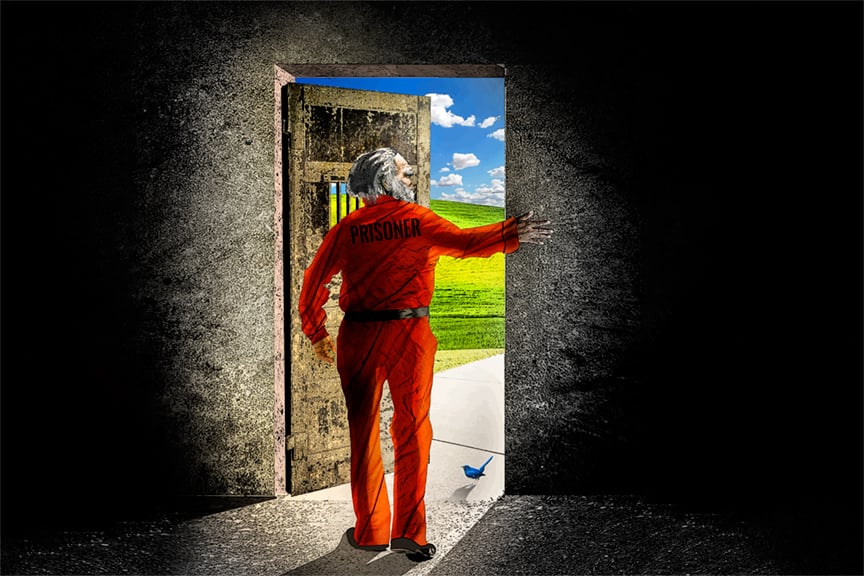2019 legislative session
Measure to change parole process for ‘30-year lifers’ advances
|
People serving 30-years-to-life sentences in New Mexico state prisons for murder and certain other crimes could soon find an easier path to freedom after three decades behind bars. On a 51-16 vote Sunday, the state House of Representatives passed a bill that would mandate a shift in state law: from inmates having to show why they should be released after 30 years to requiring the Parole Board to demonstrate convincingly why they should remain locked up. House Bill 564, sponsored by Democratic representatives Antonio “Moe” Maestas and Gail Chasey, Republican Sen. Sander Rue and Democratic Sen. Richard Martinez, closely mirrors a proposal that died in committee in 2017 after then-Gov. Susana Martinez signaled she would veto it. The measure tracks an issue New Mexico In Depth and the Santa Fe Reporter uncovered in an investigation published in March 2017. Among the findings: Power at the Parole Board had concentrated with Sandra Dietz, the Martinez-appointed board chair who was philosophically opposed to paroling people who had received sentences of 30-to-life; and just six times out of 89 did the board release someone on parole between 2010 and early 2017—among the lowest rates in the nation.







